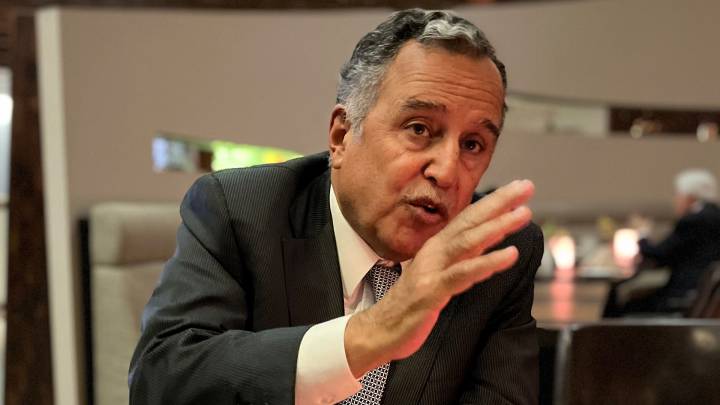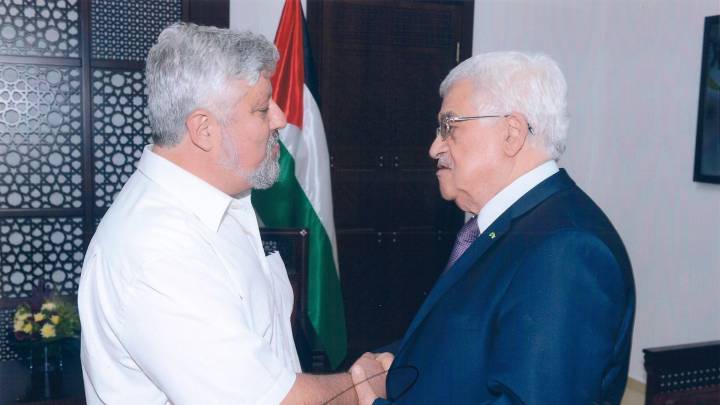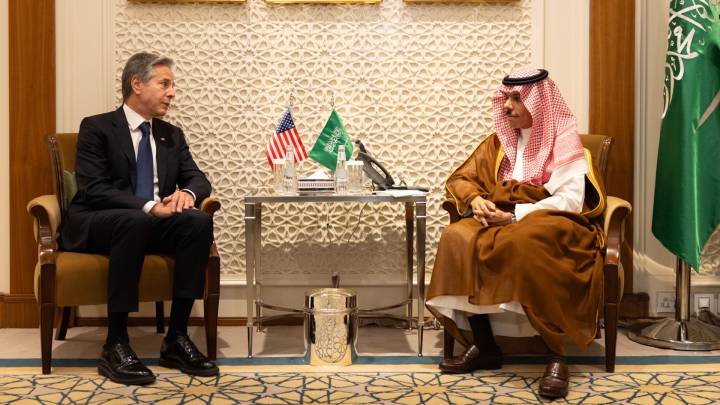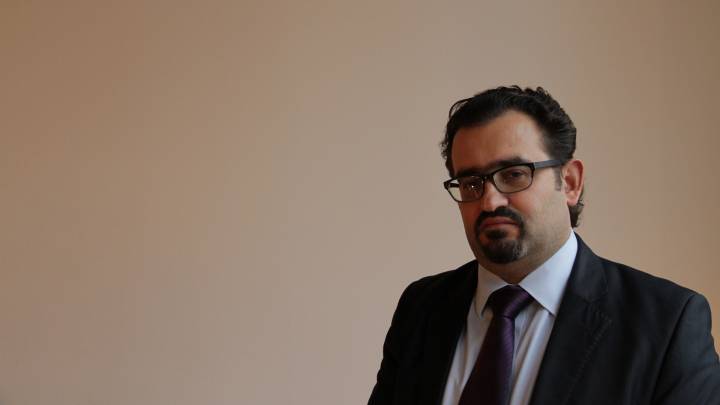Egypt’s former Foreign Minister Nabil Fahmy opens up about Cairo’s diplomatic efforts, Western support for Arab peace plans–and why Israel’s Rafah operation could affect the Camp David Accords.
Diplomacy
For years, Gershon Baskin has been negotiating with Hamas officials. But for the British-Israeli peace activist, one thing is clear: the massacre on October 7 has deprived Hamas of any legitimacy. A conversation about a path to peace and what is needed to achieve it.
The re-emergence of a prolonged Middle Eastern crisis draws attention to the consequences and long-term effects taking up shape in the wake of the Gaza war. Is Washington able to adjust?
Engaging in dialogue is a precondition to any path to overcome the stalemate in the Syria file, argues constitutional law expert Naseef Naeem.
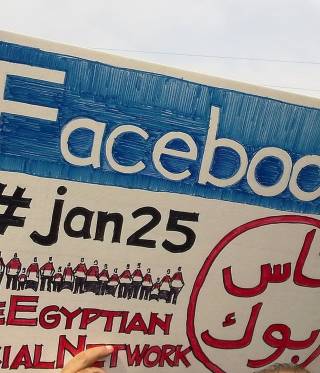
In the Middle East in particular, a hybrid order is taking shape. It is time for international diplomacy to implement new, more inclusive and holistic tools that address the conflicts of today and tomorrow, argues Spanish diplomat Ramon Blecua.
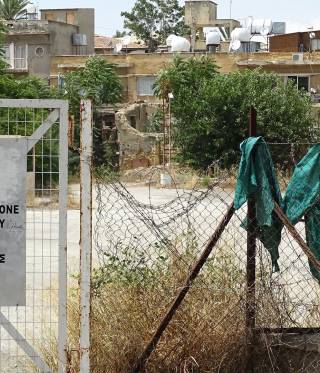
After the October elections in Northern Cyprus, the vision of a federation of Greeks and Turks is off the table. This is the story of how the opportunity to unite the Mediterranean island has been missed.
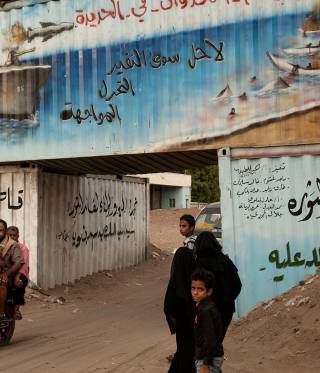
Saudi Arabia wants to use the coronavirus pandemic to put the costly fiasco of the Yemen war behind it - and save face in the process. The Houthis, on the other hand, now feel their time has come.
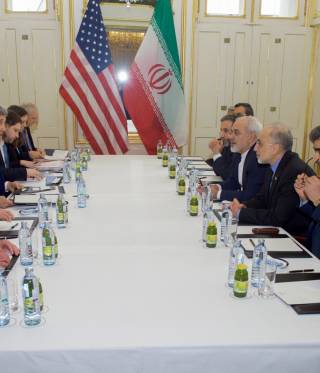
Peace with and within Iran may seem an outlandish prospect to many following recent events. Yet reaching an agreement is now not only vital for the stability of neighbouring countries, but also in the interests of the Iranian people themselves.
